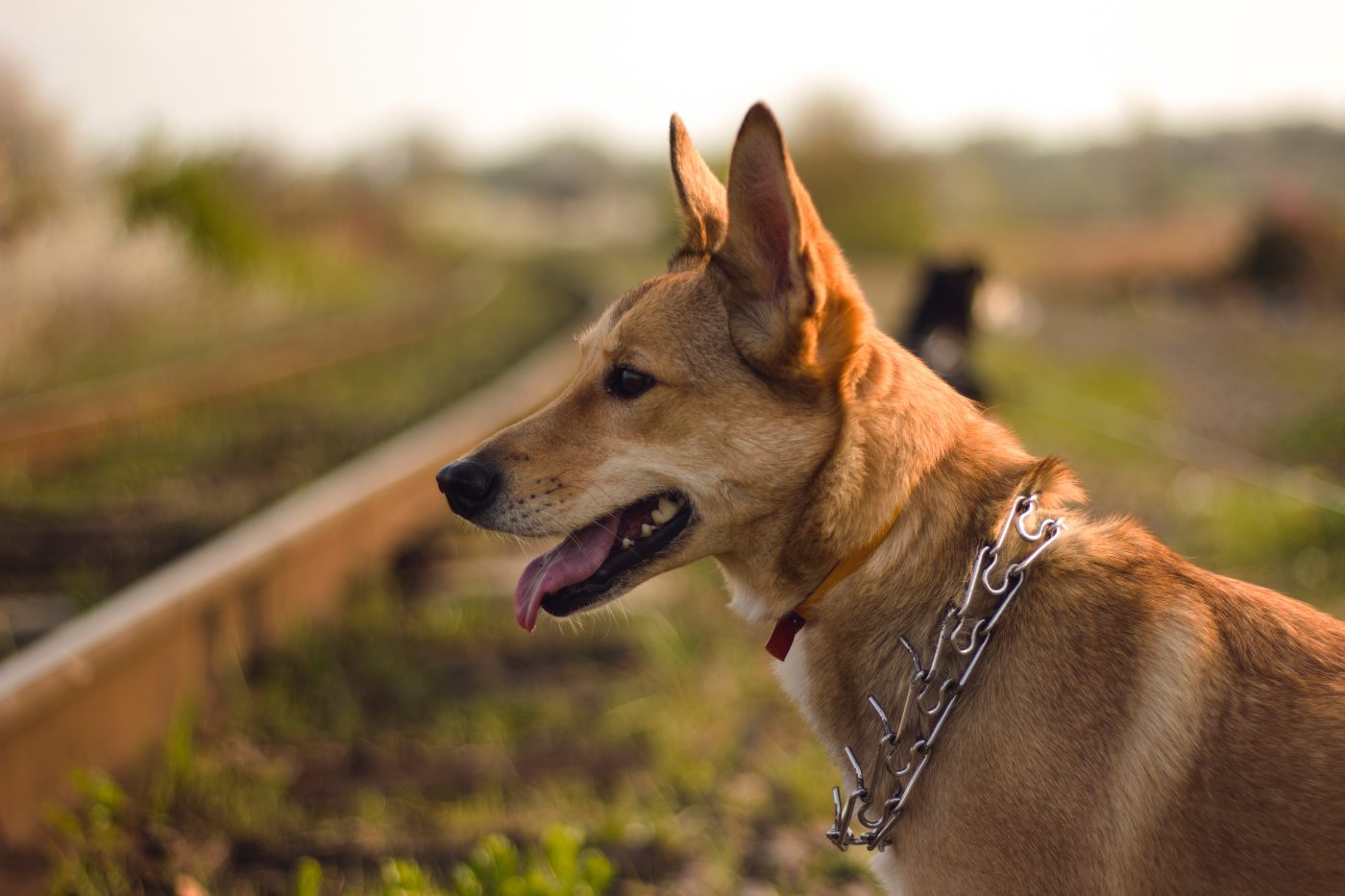 Shutterstock
ShutterstockWhen choosing a dog breed, many people prioritize health and longevity, hoping to avoid the heartache that comes with frequent vet visits and potential health problems. While some well-known breeds are prone to hereditary issues, others are less likely to experience chronic conditions. Several lesser-known breeds not only stand out for their unique traits but also for their robust health. These breeds tend to have fewer genetic predispositions to common canine illnesses, making them great choices for people seeking a low-maintenance, healthy companion.
Icelandic Sheepdog
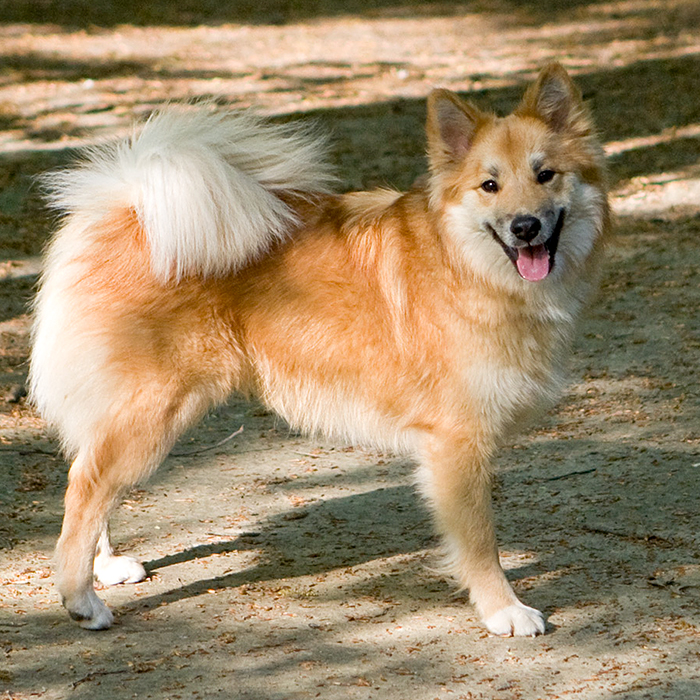 Shutterstock
ShutterstockThe Icelandic Sheepdog is a hardy and robust breed with a long history of herding in the rugged terrain of Iceland. Developed to withstand harsh weather conditions and long hours of physical activity, this breed is generally free from many of the genetic health issues that plague other dogs. Icelandic Sheepdogs have strong immune systems and are less prone to hip dysplasia, eye problems, or heart issues, which are common in other herding breeds. Their natural vitality, combined with their working background, contributes to their overall good health. With proper care and regular exercise, they can live long, healthy lives with few medical concerns.
Norwegian Lundehund
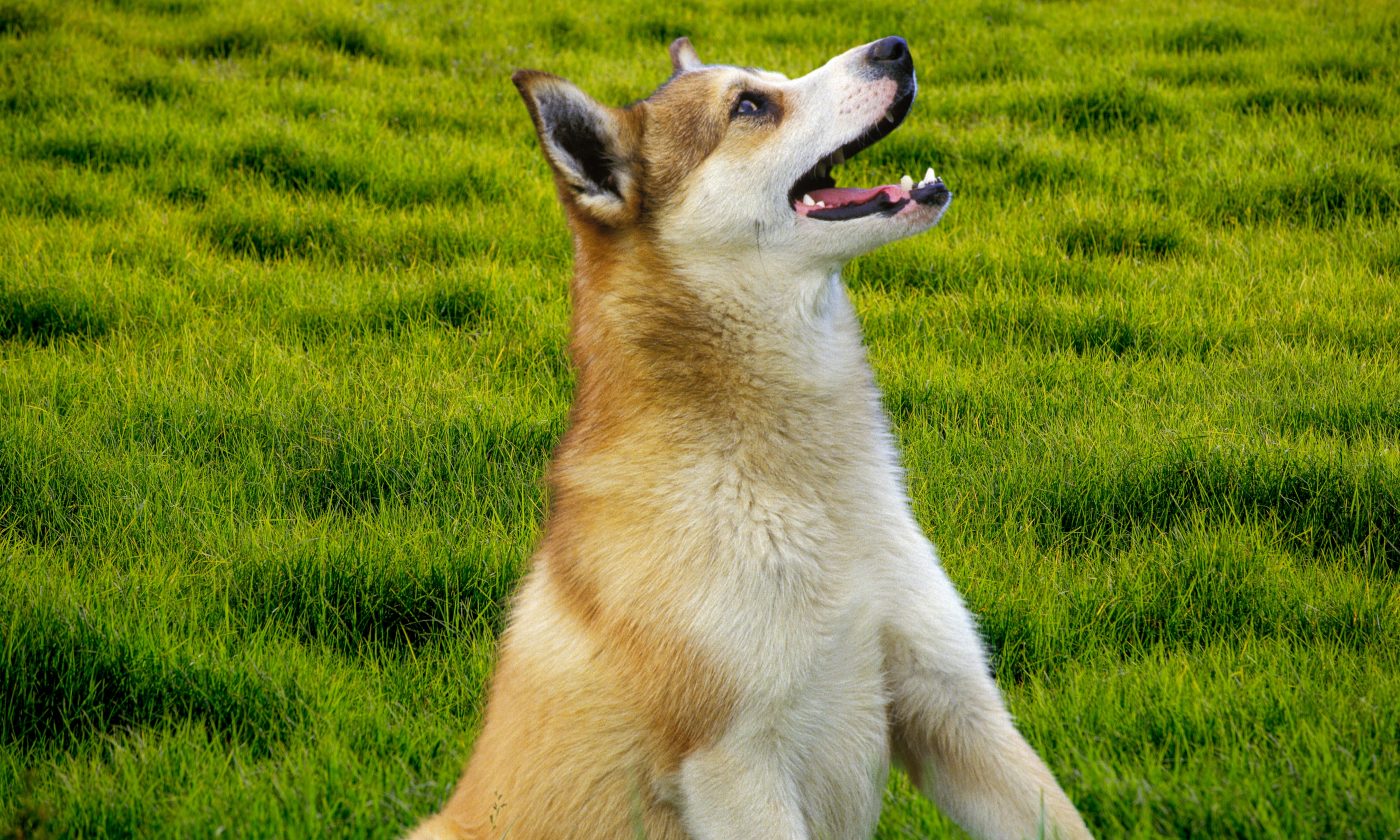 Shutterstock
ShutterstockThe Norwegian Lundehund is an ancient and rare breed known for its unique physical traits, such as extra toes and the ability to bend its head backward. This dog was originally bred to hunt puffins on rocky cliffs, giving it a high level of agility and endurance. Despite being a lesser-known breed, the Lundehund is known for its general health and lack of significant hereditary issues. While they may be prone to a digestive condition called Lundehund Syndrome, with proper management and a well-maintained diet, most Lundehunds enjoy long and healthy lives without the need for frequent veterinary care. Their resilience and rare appearance make them a breed worth considering for those looking for a low-maintenance companion.
Portuguese Podengo
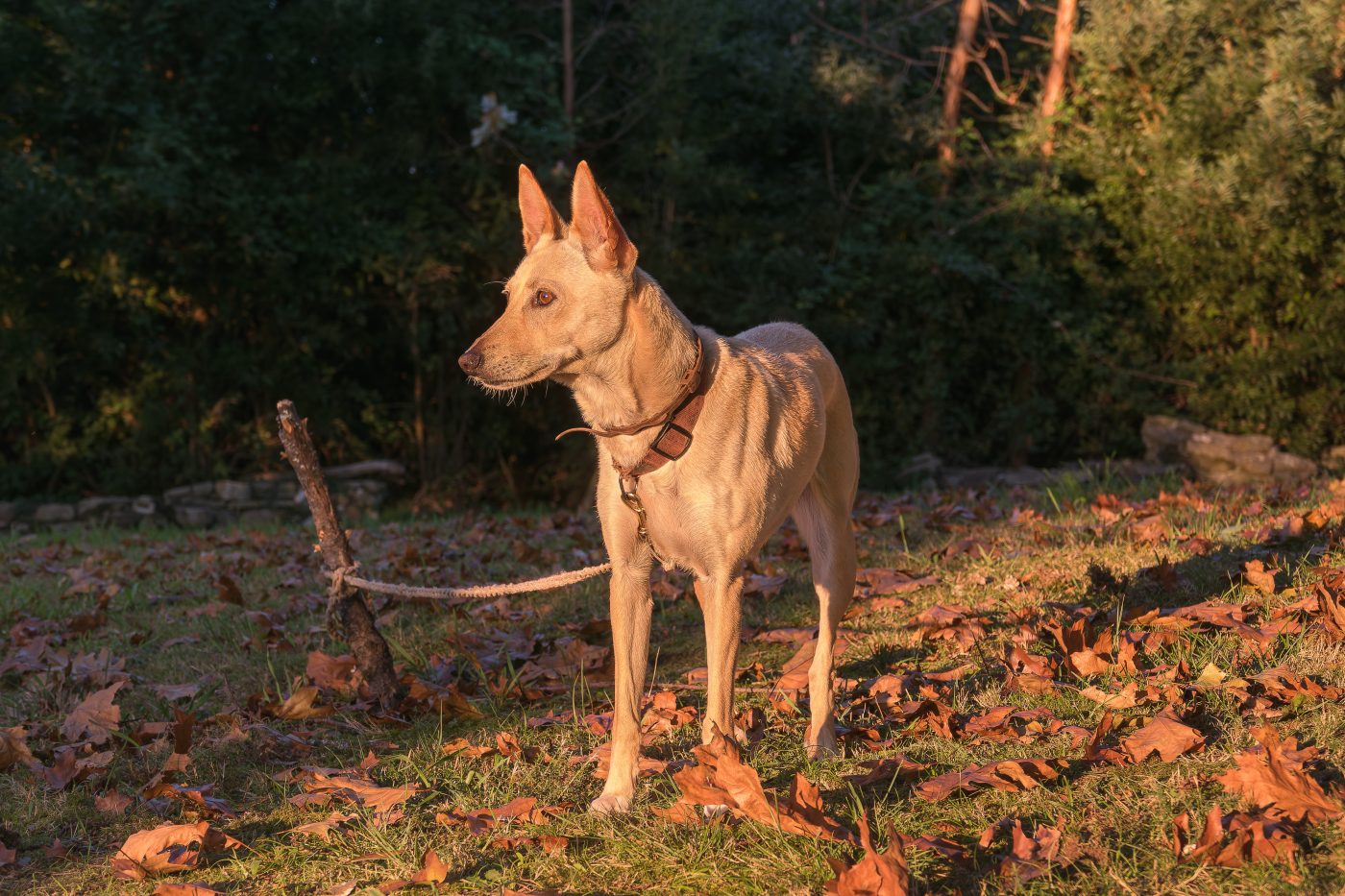 Shutterstock
ShutterstockThe Portuguese Podengo is a versatile and energetic breed used for hunting rabbits and small game. This breed comes in three different sizes (small, medium, and large) and two coat types (smooth and wire-haired), all of which are known for their robust health. The Portuguese Podengo has few genetic health concerns and is typically not prone to the kinds of hereditary diseases found in many other breeds. This dog’s active lifestyle and natural athleticism contribute to its overall well-being, making it a healthy and resilient breed. Their strong immune systems and ability to adapt to various environments mean they tend to live long, healthy lives with minimal health problems.
Belgian Laekenois
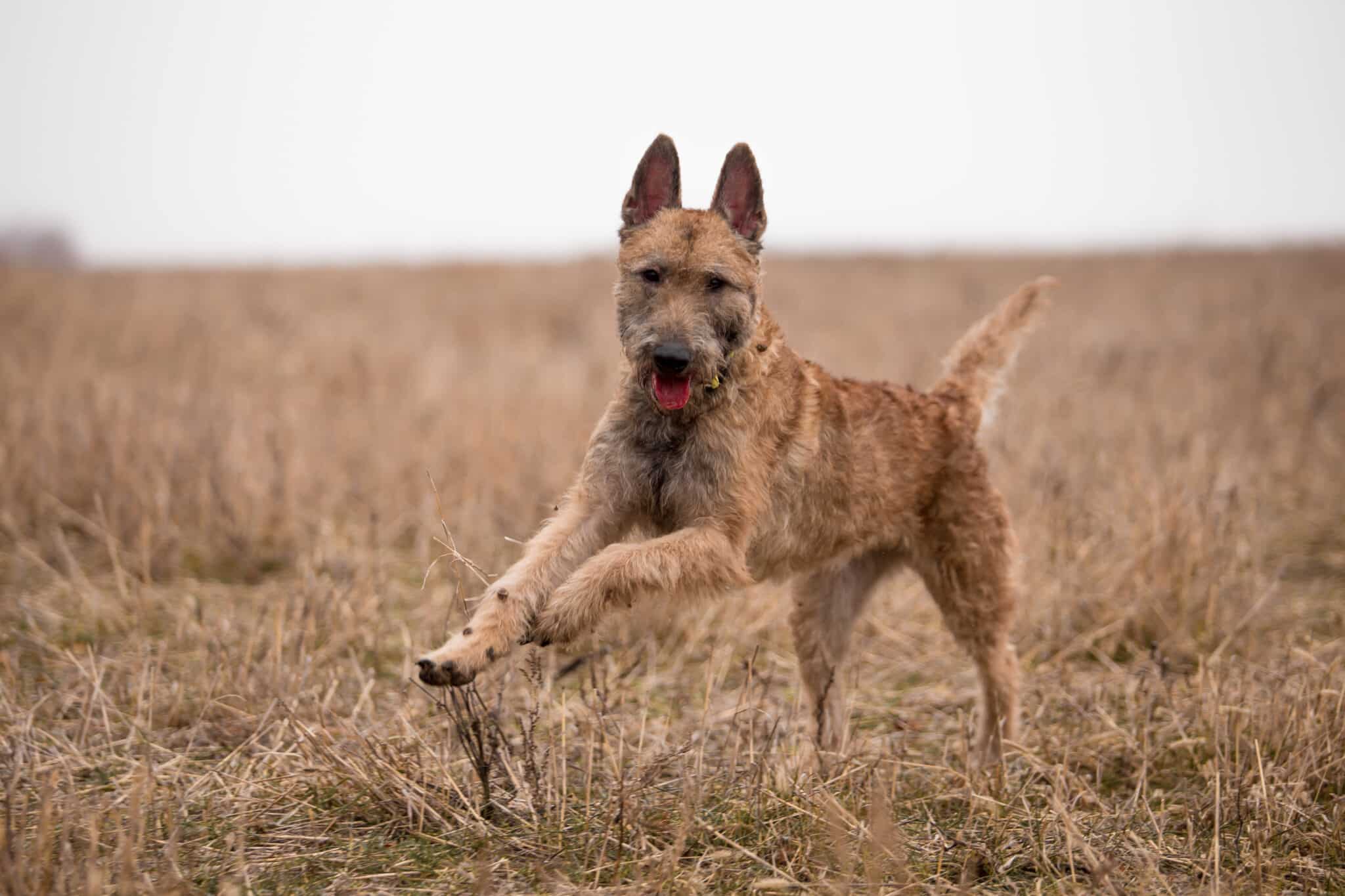 Shutterstock
ShutterstockThe Belgian Laekenois, one of the lesser-known Belgian shepherd dogs, is a hardworking and durable breed that has historically been used for herding and guarding livestock. Known for their high energy levels and excellent work ethic, these dogs are incredibly healthy and resistant to many of the conditions that affect other herding breeds, such as hip dysplasia and progressive retinal atrophy (PRA). While they may experience occasional minor health issues due to their active lifestyle, Belgian Laekenois are generally long-lived and free from major genetic conditions. Their low susceptibility to common health problems makes them an ideal choice for those seeking a healthy working dog or companion.
Thai Ridgeback
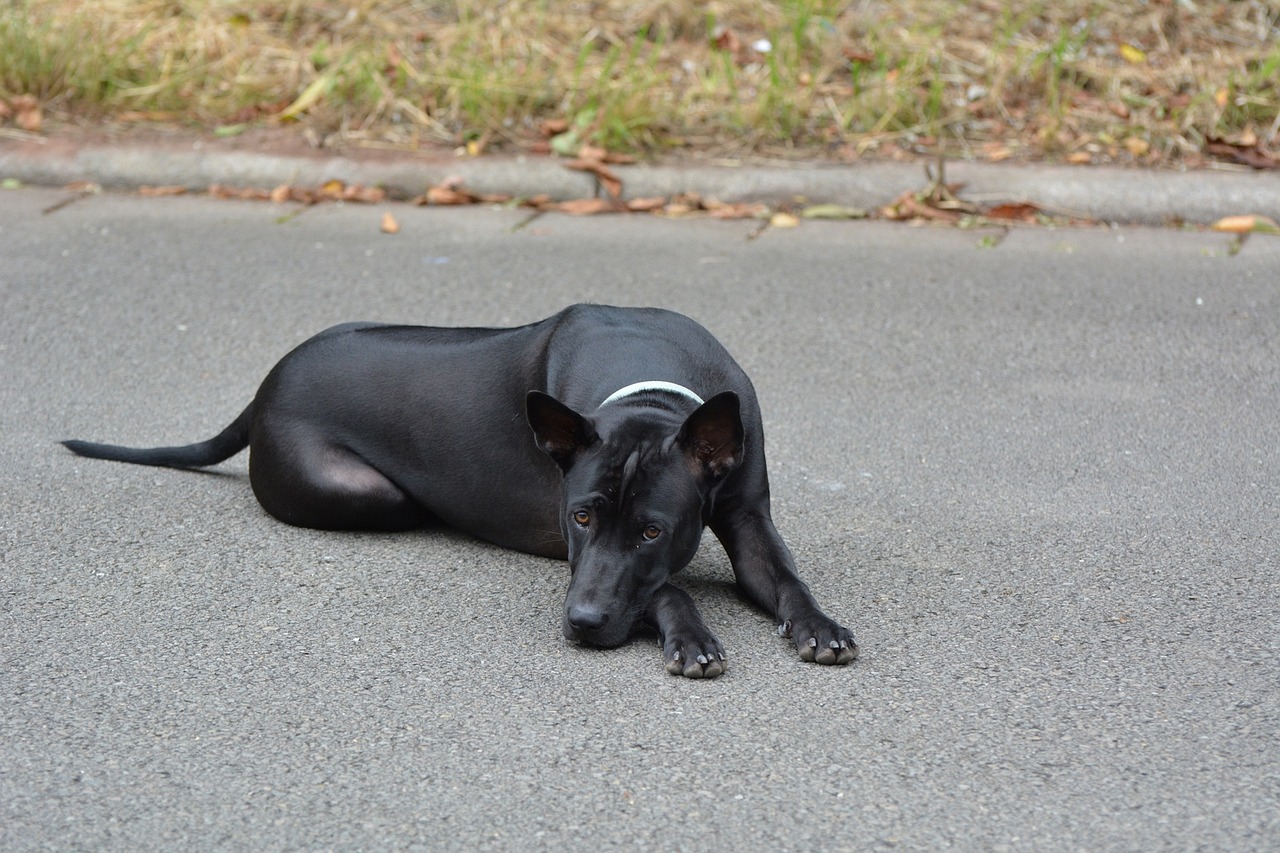 Shutterstock
ShutterstockThe Thai Ridgeback is a rare breed that originated in Thailand. It was used for hunting and as a guard dog. Known for its distinctive ridge of hair running along its back, this breed has remained relatively unchanged for centuries due to its isolation. As a result, the Thai Ridgeback is remarkably healthy, with fewer hereditary health issues compared to other breeds. It’s not prone to common problems like hip dysplasia, and it has a naturally strong immune system. Thai Ridgebacks are independent, strong, and generally low-maintenance when it comes to health, making them a great choice for those looking for a healthy, resilient dog with a unique appearance.
Cirneco dell’Etna
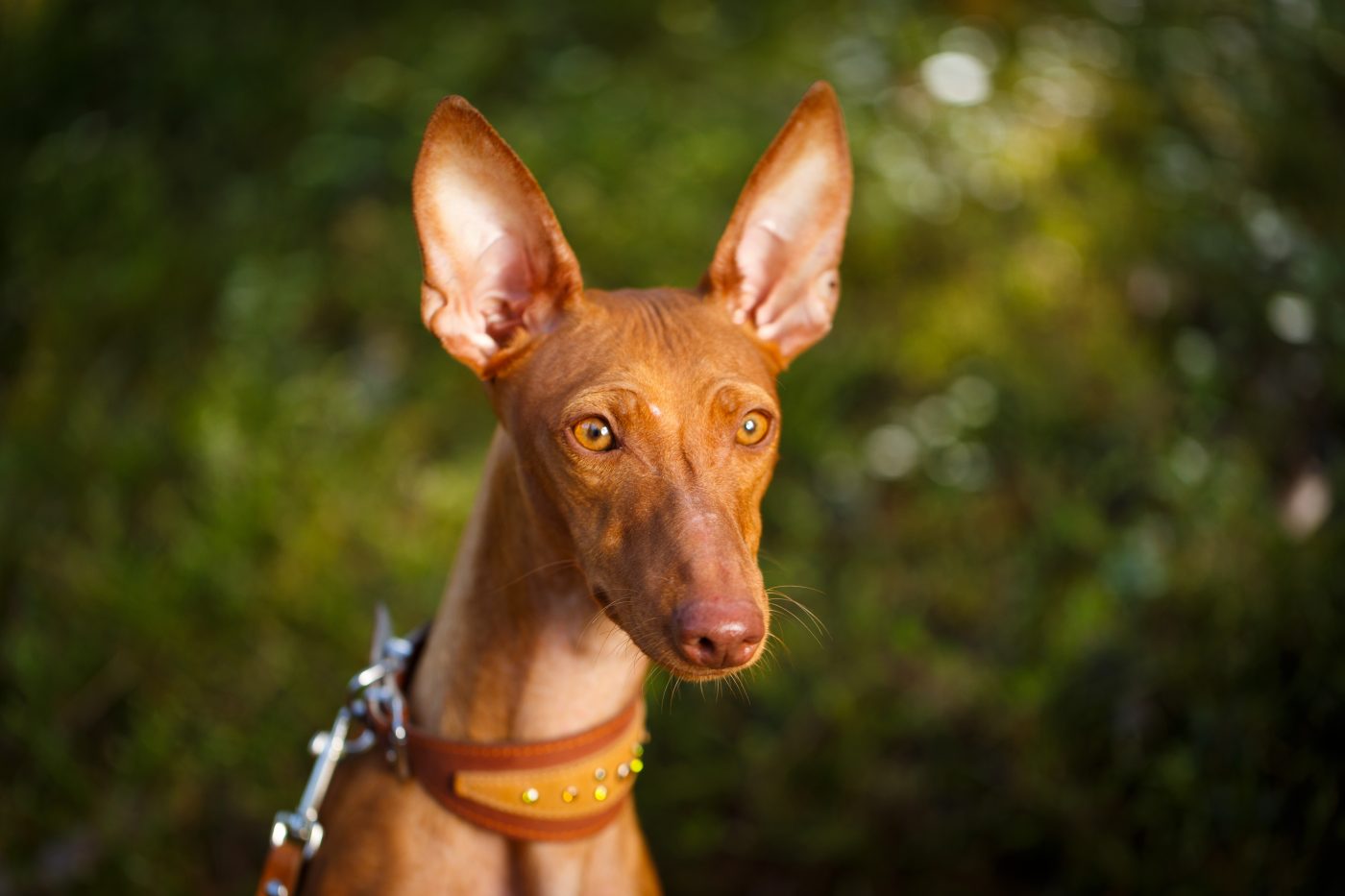 Shutterstock
ShutterstockThe Cirneco dell’Etna is an ancient breed from Sicily, originally used for hunting small game in the volcanic terrain of Mount Etna. This breed is known for its speed, agility, and endurance, and it has a reputation for being one of the healthiest dog breeds. The Cirneco dell’Etna is naturally lean and athletic, with very few hereditary health issues. It is not prone to hip dysplasia or other common musculoskeletal problems seen in other hunting dogs. The breed’s natural robustness, combined with its minimal grooming needs, makes it an excellent choice for those seeking a healthy, low-maintenance companion.
Bergamasco Sheepdog
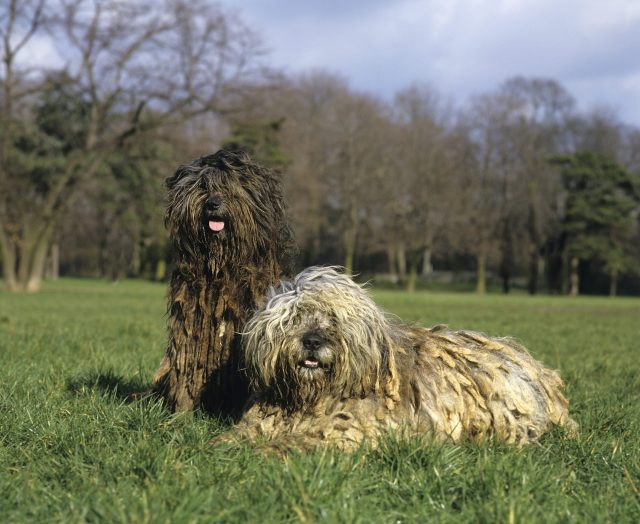 Shutterstock
ShutterstockThe Bergamasco Sheepdog is a lesser-known breed that originated in the Italian Alps, where it was used for herding livestock. Known for its distinctive coat made up of long, matted “flocks,” the Bergamasco is a strong and healthy breed with few genetic health concerns. Unlike many other large dogs, it is not prone to hip dysplasia or joint issues. The Bergamasco’s natural, low-maintenance coat requires little grooming, and the breed’s hardy nature allows it to thrive in various environments without experiencing major health problems. This breed’s resilience and lack of significant health issues make it a great choice for those seeking a healthy, sturdy dog.
Hardy and Healthy Breeds for Long Lives
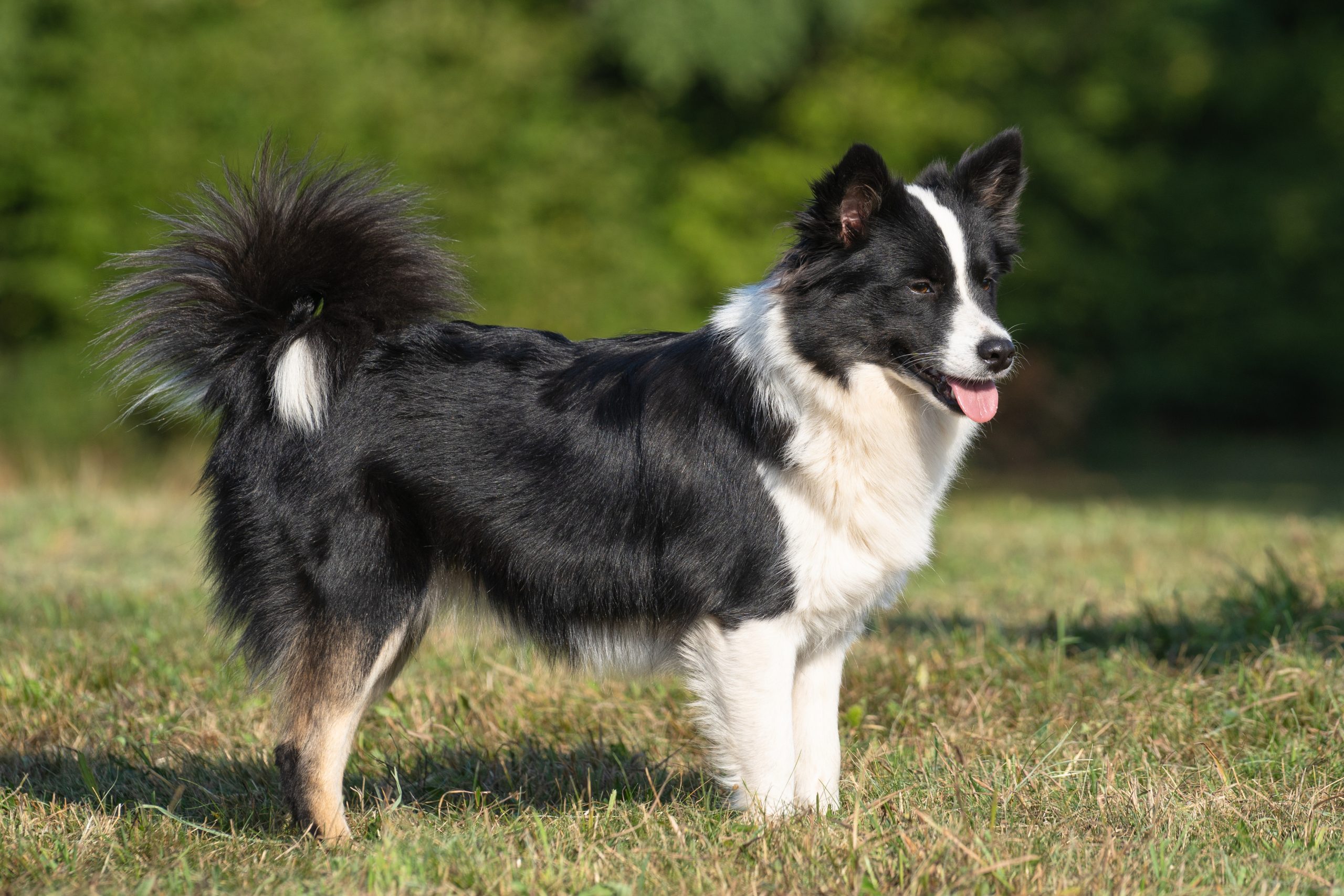 Shutterstock
ShutterstockThese little-known dog breeds stand out not only for their unique appearances and histories but also for their overall health and resilience. From the Icelandic Sheepdog’s durability to the Thai Ridgeback’s natural immunity, these breeds offer peace of mind to dog owners who want to avoid common genetic health issues. Their robust constitutions, combined with their loyalty and companionship, make them excellent pets for those looking for a low-maintenance yet healthy dog. These breeds demonstrate that, with proper care and attention, dogs can live long, healthy lives without frequent trips to the vet.

 4 days ago
8
4 days ago
8
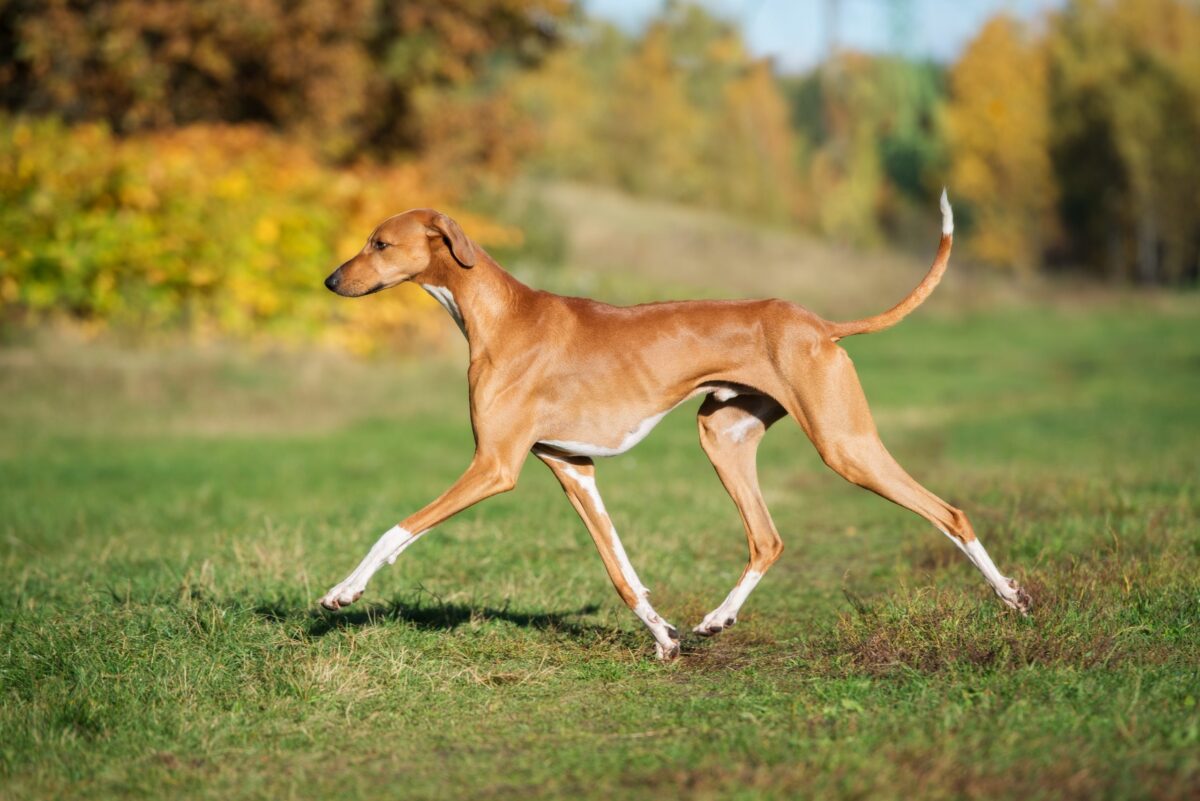
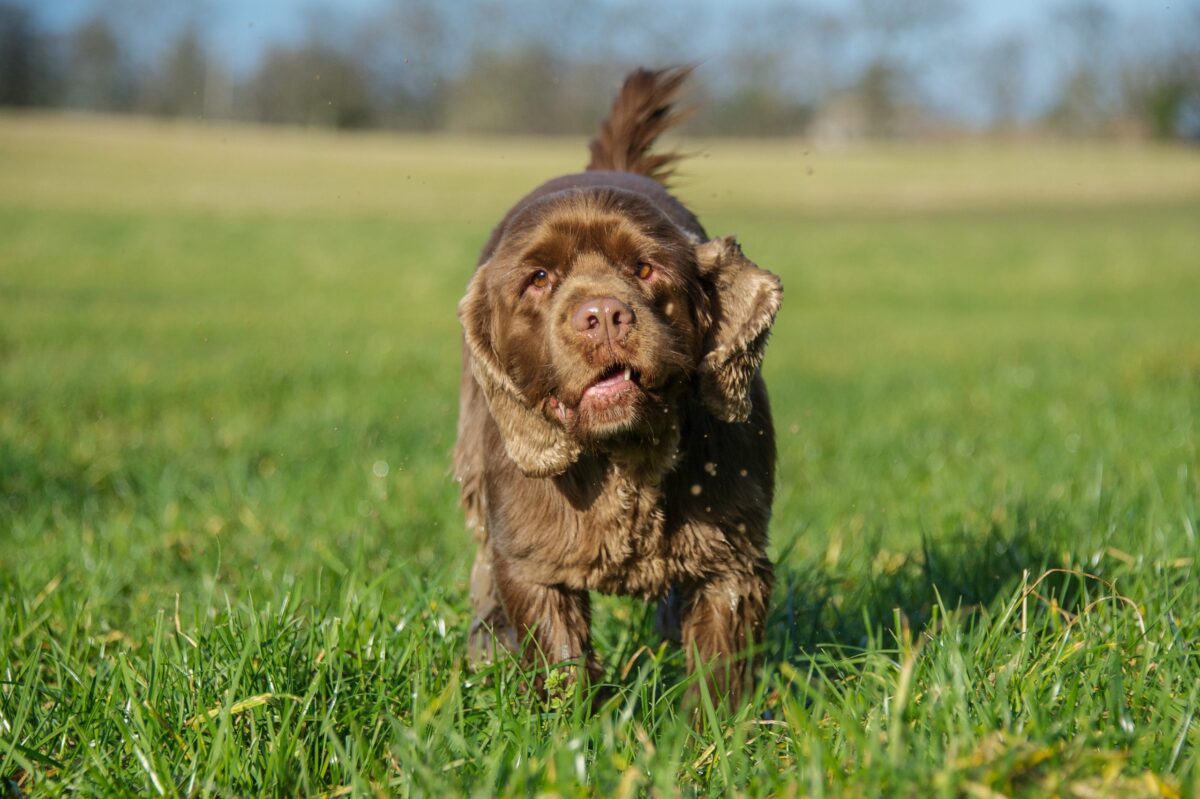
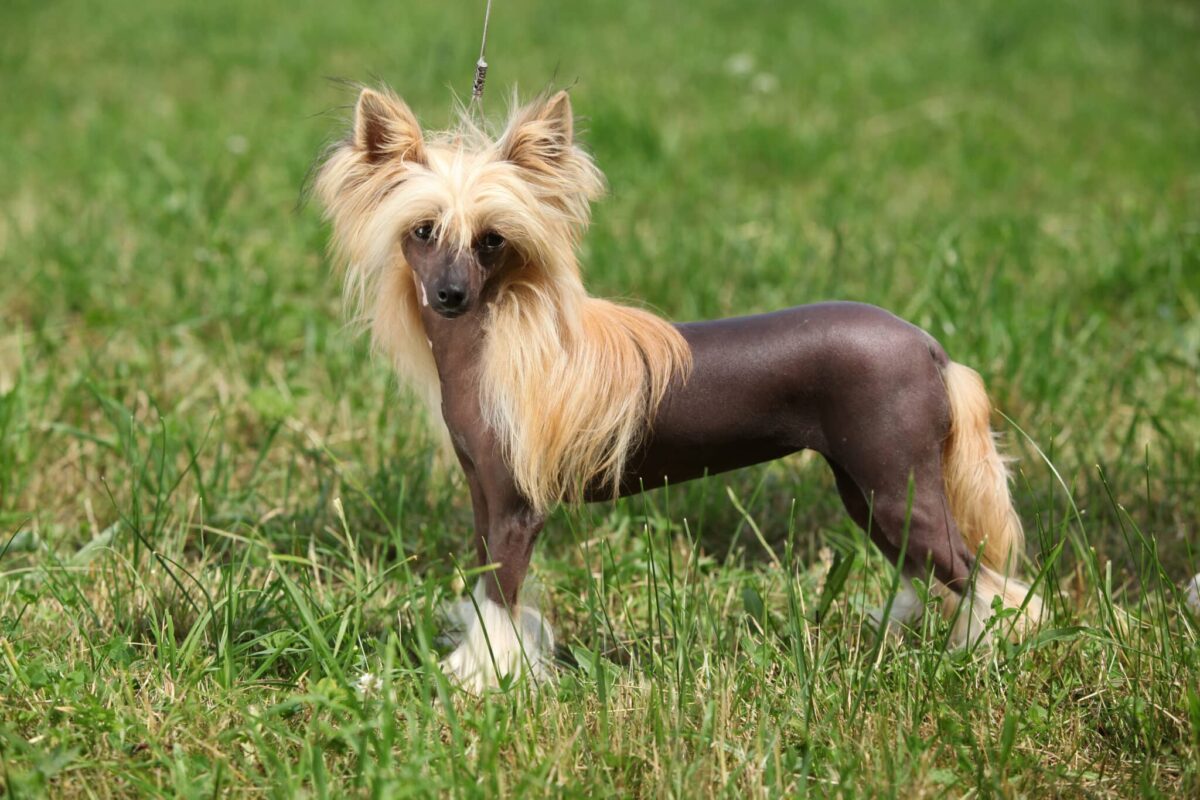
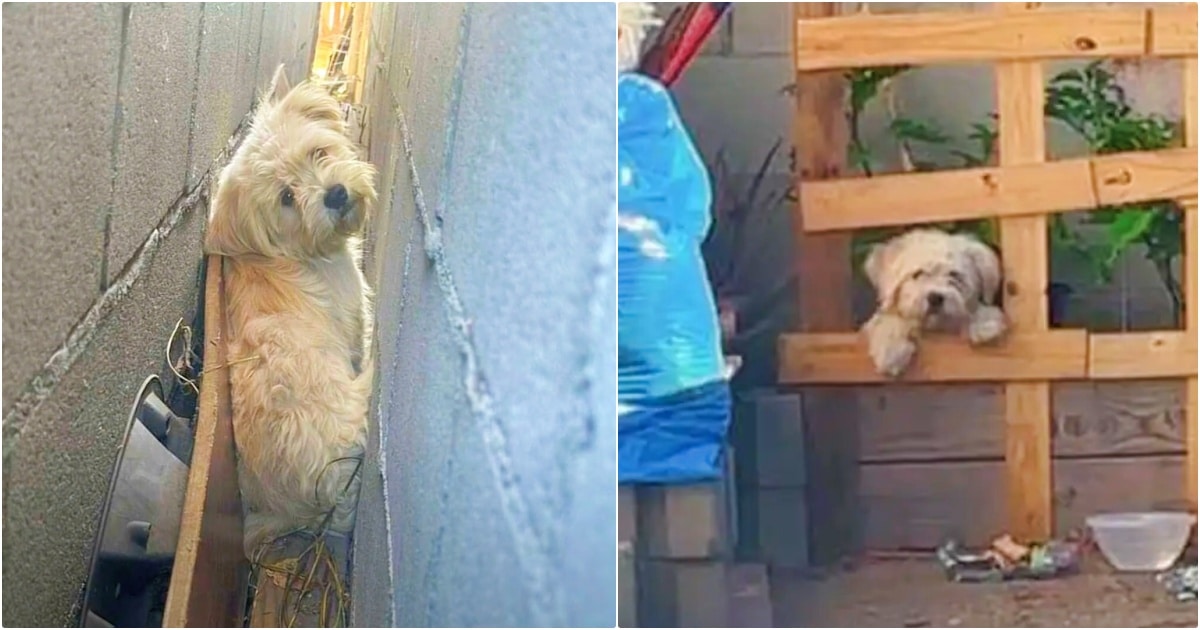




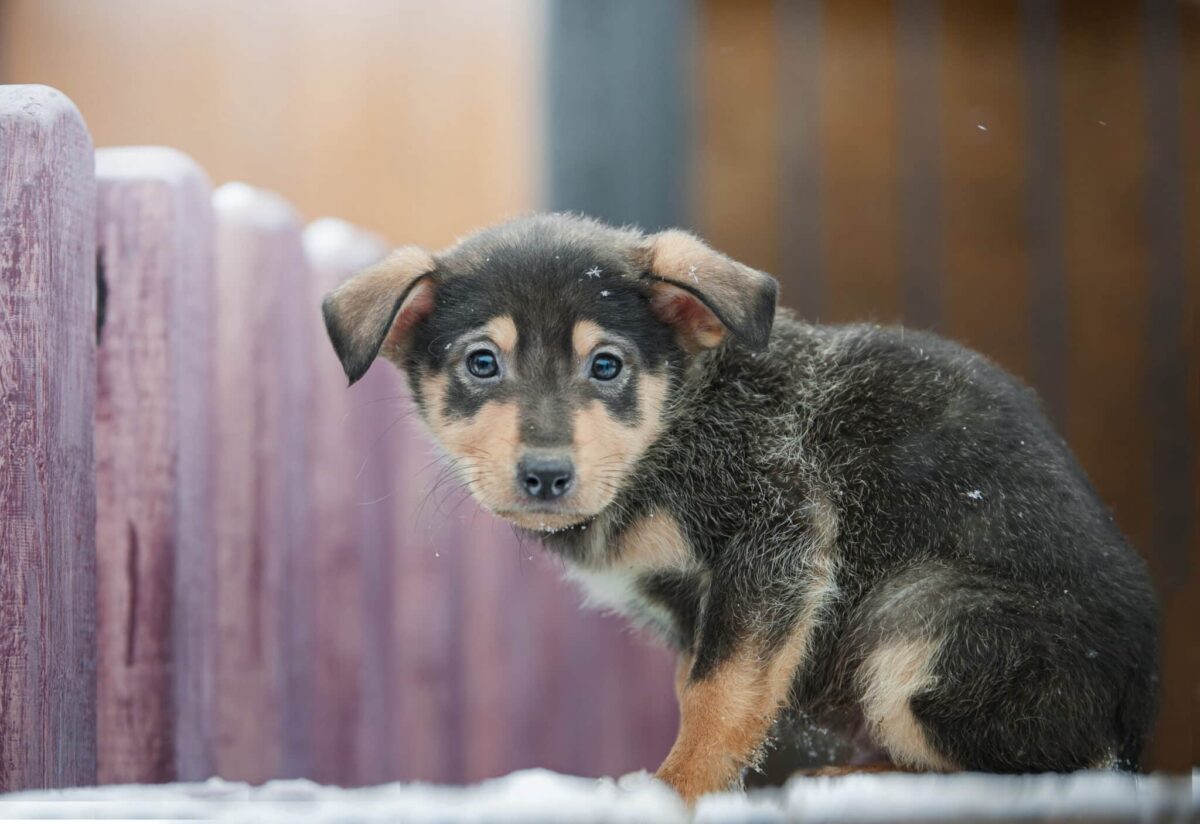

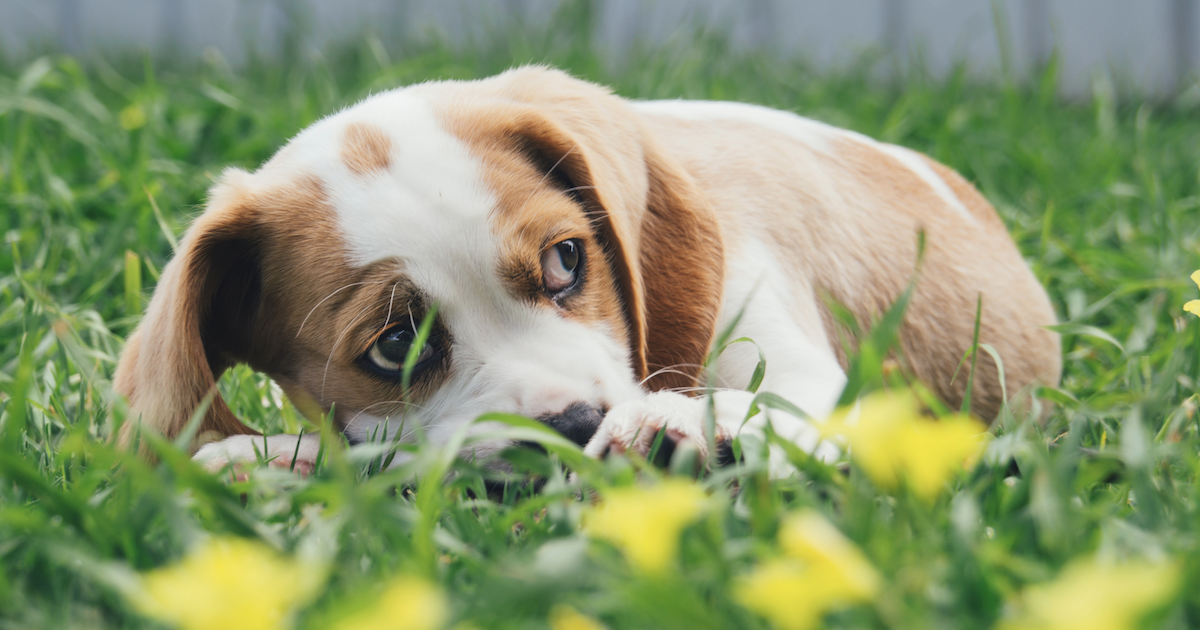

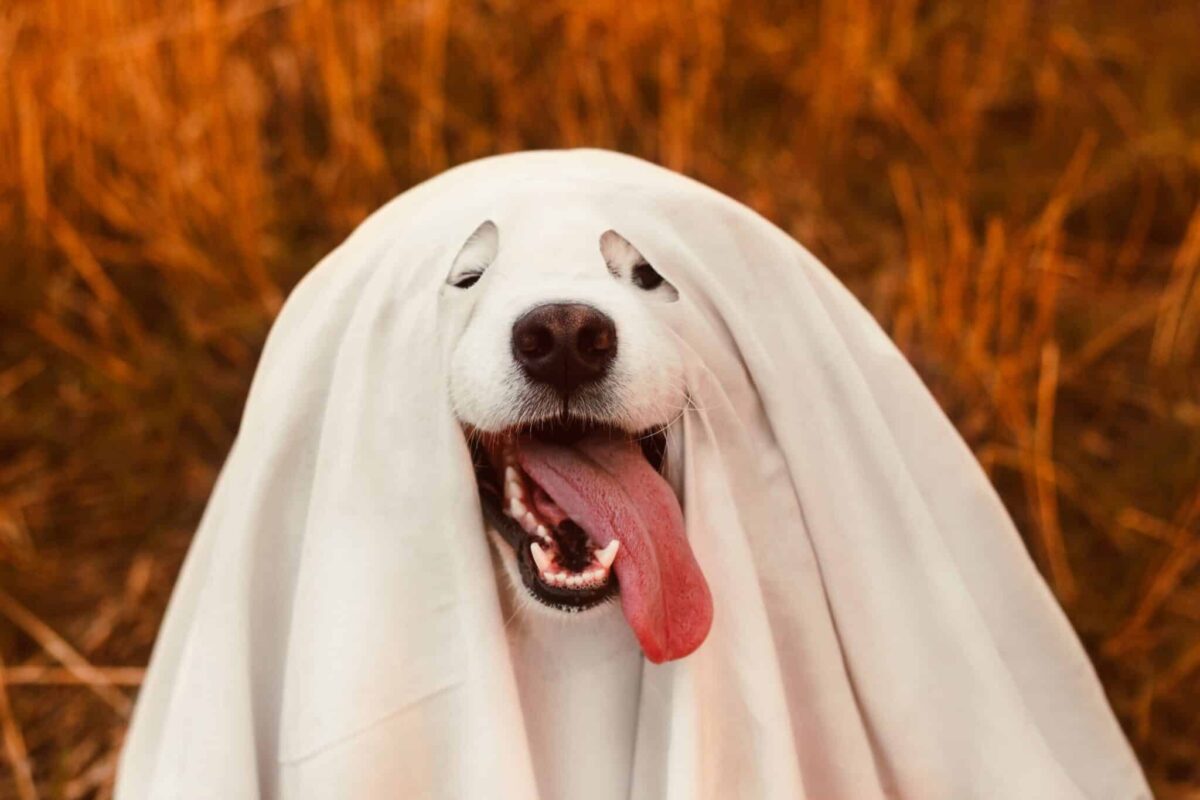



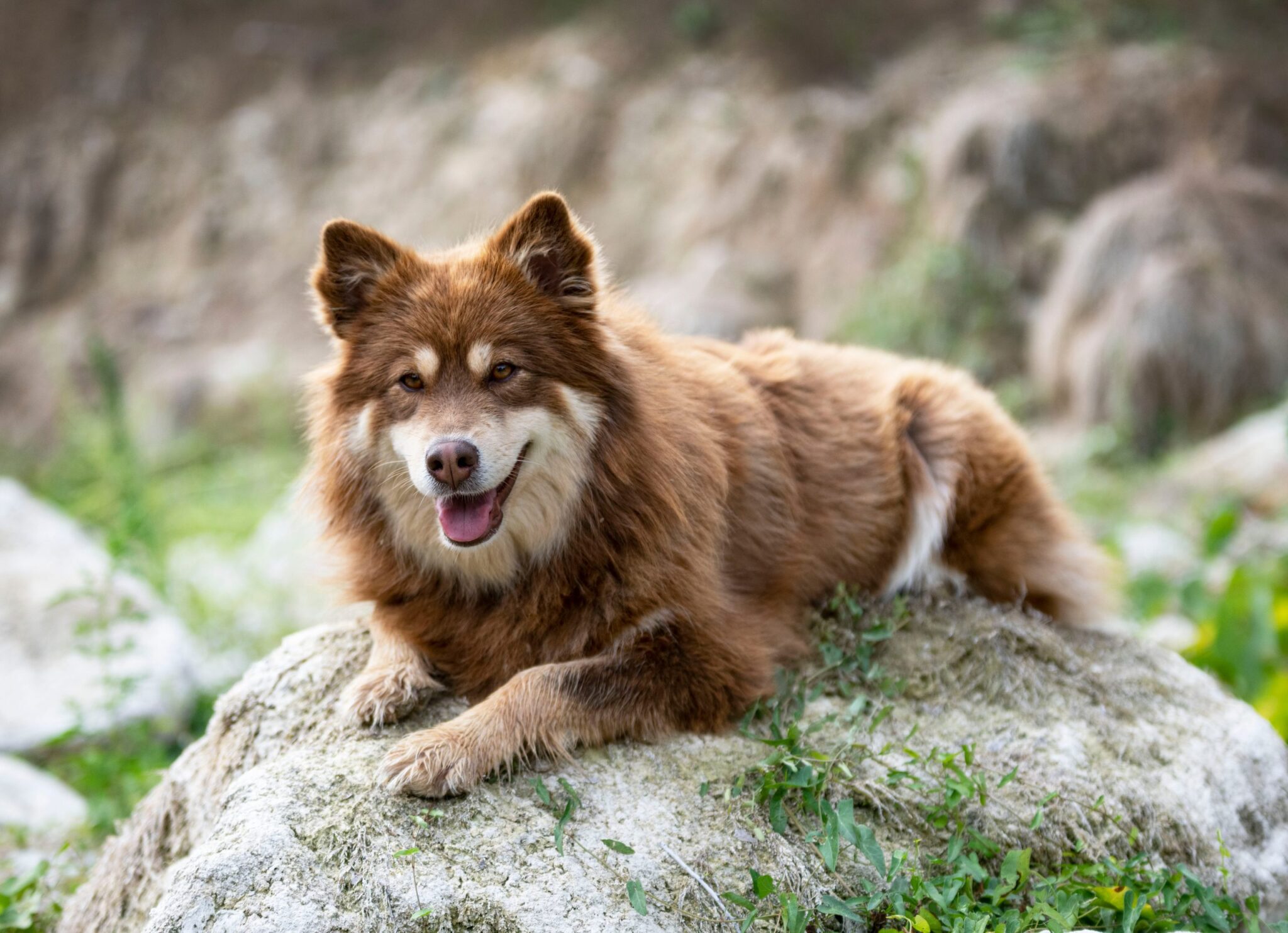
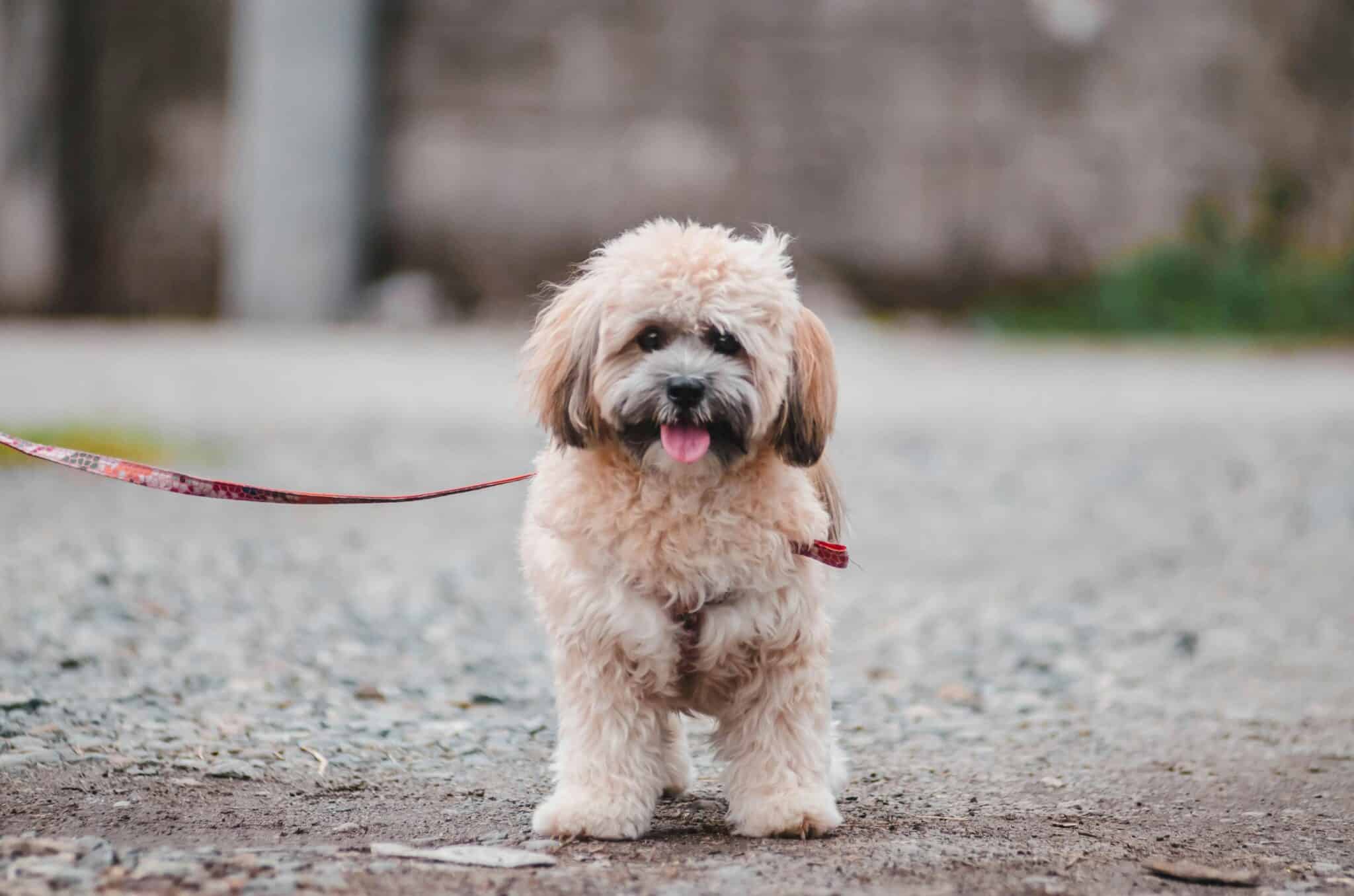
 English (US) ·
English (US) ·